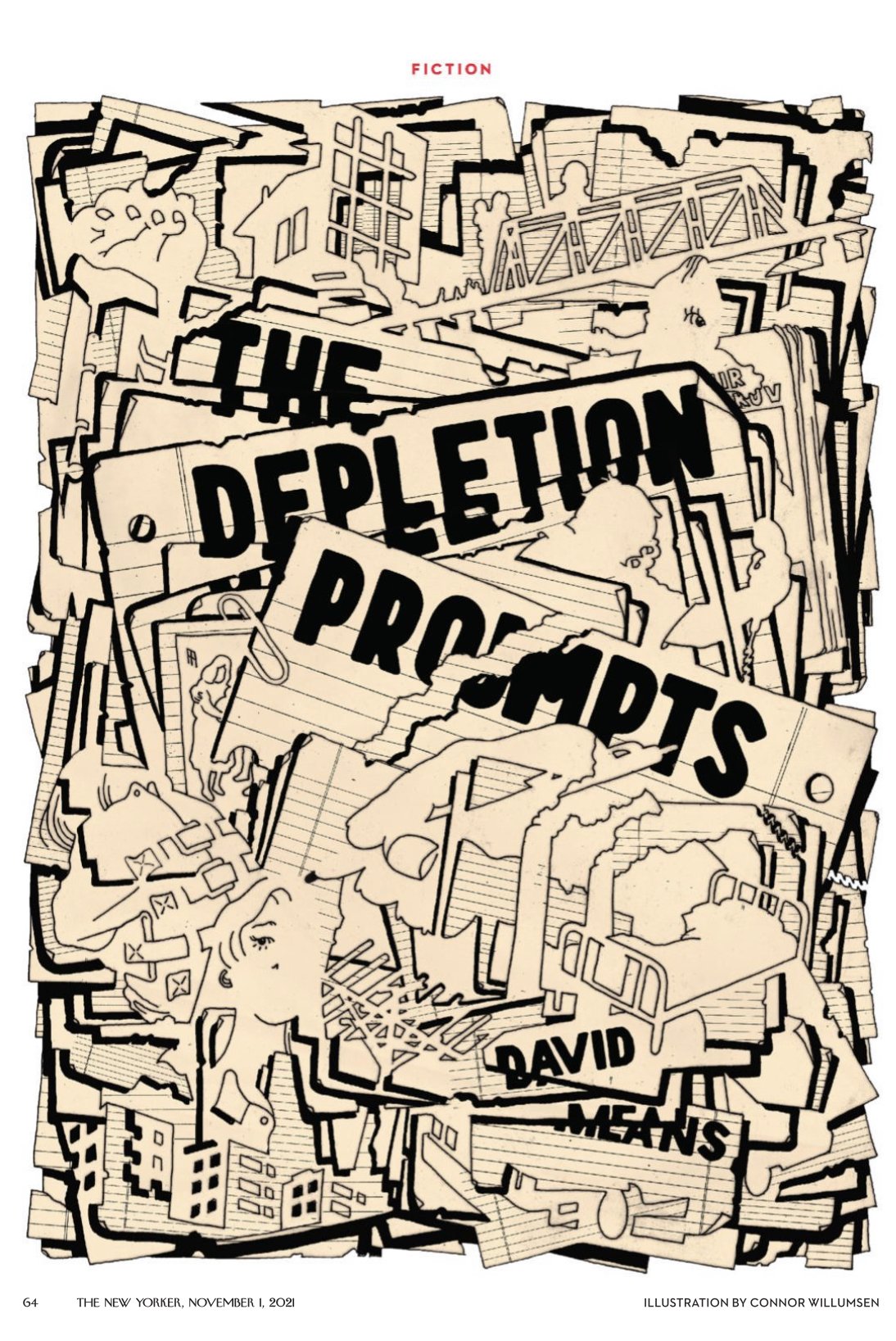Noted: A Swim in a Pond in the Rain

Adam shares his notes from George Saunders’ book A Swim in a Pond in the Rain. The book collects seven Russian short stories and Saunders’ lessons on reading and writing based on those stories. The notes below were copied into a notebook. Each one belongs somewhere on the spectrum between quote and paraphrase.
“In the first pulse of a story, the writer is like a juggler, throwing bowling pins into the air. The rest of the story is catching those pins.”
“Would a reasonable person reading line four, get enough of a jolt to go to line five?”
Ritual banality avoidance — deny yourself the crappo version of the story — remove a character? — in hopes a better story comes along.
Story form reminds us that a human is never static or stable. Character can’t keep doing the same thing, must be slightly more specific.
“You don’t need an idea to start a story. You just need a sentence.”
“Who cares if a first draft is good, it just needs to be, so you can revise it.”
“Good writerly habit might consist of continually revising towards specificity, so that specificity can then produce plot. Plot might come about when you test the specific detail through the story.”
“We read a story with a built in expectation that it will surprise us by how far it travels from its humble beginnings: that it will outgrow its early understanding of itself.”
On Tolstoy: “We know how things work and how they don’t [...] And we like it when a story agrees with our sense of how the world works. It gives us a thrill and this thrill-at-truth keeps us reading.”
Two important habits of published writers: 1) Revise. 2) Learn to make causality. Z is caused by Z and Y. But we understand through specificity and cause why X and Y are happening too. “Causation creates the appearance of meaning.”
“Always be escalating” can be understood as “Be alert, always, to the possibilities you have created for variation.”
“If we want change to appear to happen in our stories, the first order of business is to note specifically how things are now.”
“The meaning of a story in which something impossible happens is not the thing that happened [...] but in the way the story reacts to the impossibility”
What happens in a story needs to be thrilling and non-trivial. Enter in one state of mind and come out in another.




